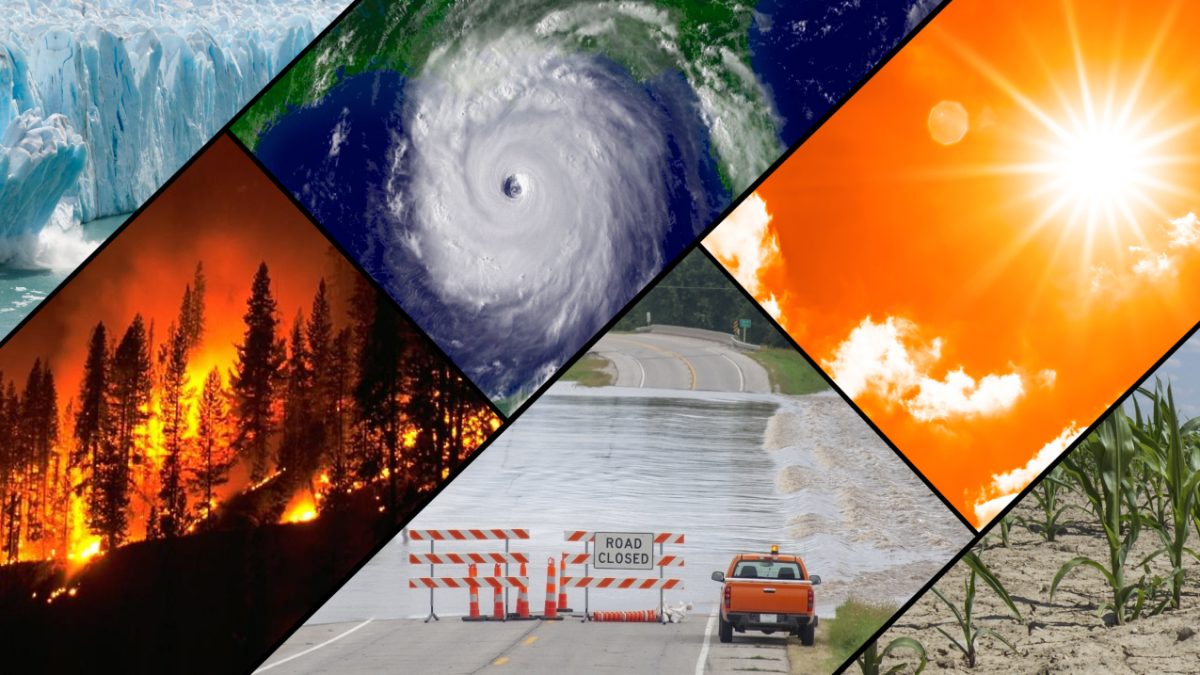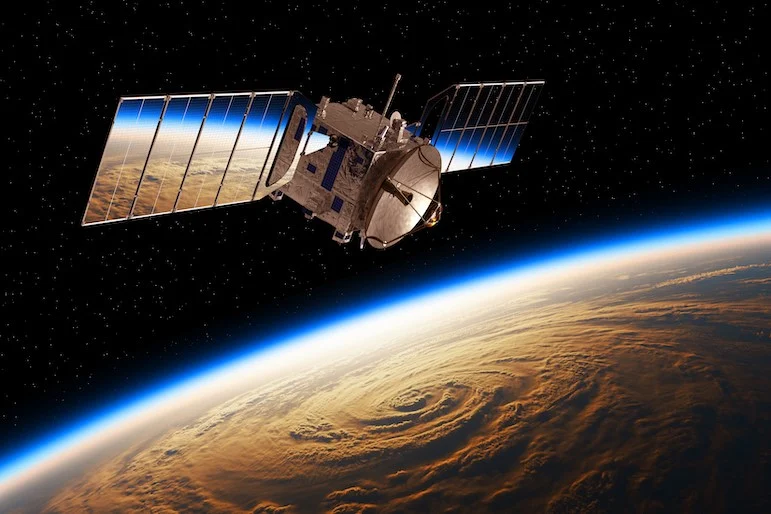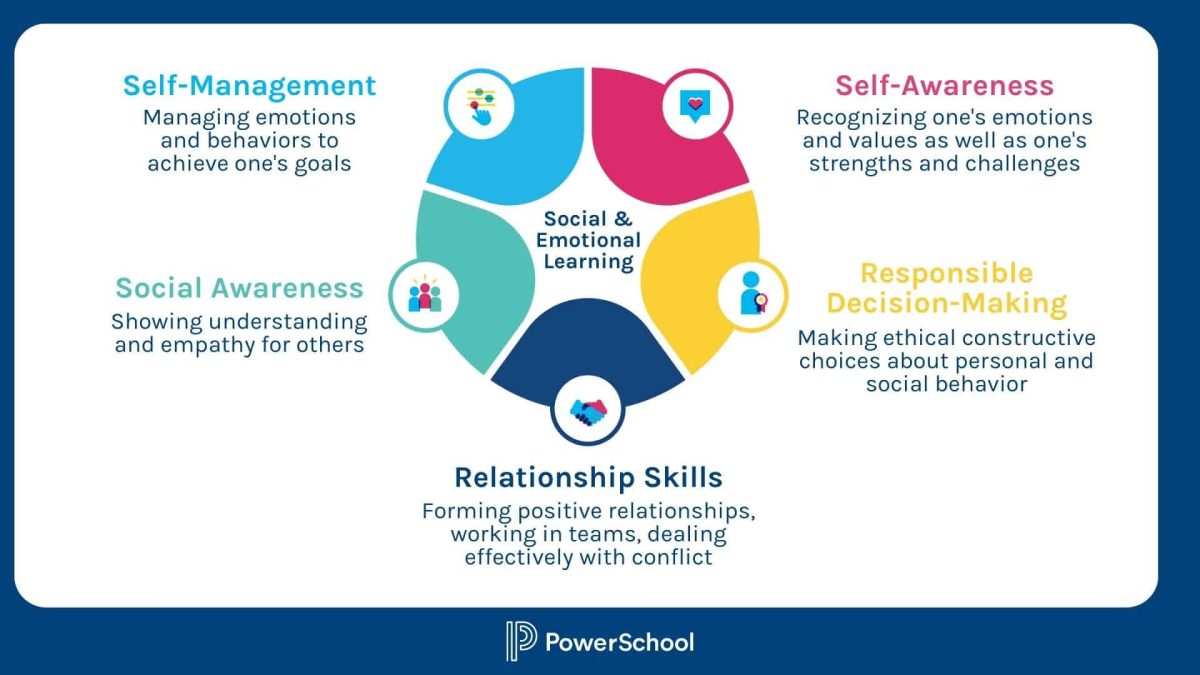Climate change is one of the most pressing challenges facing our planet today. It refers to long-term shifts in temperatures and weather patterns, primarily caused by human activities such as burning fossil fuels, deforestation, and industrial processes. The consequences of climate change are profound and far-reaching, affecting ecosystems, economies, and communities around the globe.
One of the most visible impacts of climate change is the increase in extreme weather events. Hurricanes, droughts, floods, and heat waves have become more frequent and intense due to rising global temperatures. For instance, warmer ocean waters fuel stronger hurricanes, leading to devastating storms that can cause widespread destruction. In recent years, we have witnessed catastrophic flooding in various regions, displacing thousands of people and causing significant damage to infrastructure and agriculture.
Another critical impact of climate change is the melting of polar ice caps and glaciers. As temperatures rise, ice sheets in Greenland and Antarctica are losing mass at an alarming rate. This not only contributes to rising sea levels but also disrupts marine ecosystems. Coastal cities face the threat of inundation, which could lead to millions of people being displaced from their homes. The loss of habitat for species like polar bears and seals further highlights the ecological ramifications of a warming planet.
Moreover, climate change poses serious risks to biodiversity. Many plant and animal species struggle to adapt to rapidly changing climates, leading to shifts in habitats and food sources. Some species may face extinction if they cannot migrate or evolve quickly enough. This loss of biodiversity has cascading effects on ecosystems, disrupting food chains and diminishing the resilience of natural environments.
Agriculture is another sector significantly affected by climate change. Changes in temperature and precipitation patterns can reduce crop yields and threaten food security. Farmers are already experiencing challenges such as increased pests and diseases, unpredictable growing seasons, and water scarcity. These factors can lead to higher food prices and increased hunger, particularly in vulnerable populations who rely heavily on agriculture for their livelihoods.
In addition to environmental impacts, climate change has economic implications. The costs associated with repairing damage from extreme weather events, adapting infrastructure, and transitioning to sustainable energy sources can be staggering. Businesses may face disruptions in supply chains, while governments grapple with the financial burden of disaster response and recovery efforts. Investing in renewable energy and sustainable practices can mitigate some of these costs, but it requires commitment and resources.
Socially, climate change exacerbates existing inequalities. Vulnerable communities, often those least responsible for greenhouse gas emissions, bear the brunt of its impacts. Low-income neighborhoods may lack the resources to prepare for or recover from disasters, making them more susceptible to the adverse effects of climate change. Addressing these disparities is crucial for building resilient societies capable of coping with future challenges.
Despite the daunting nature of these impacts, there is hope. Global awareness of climate change has led to increased advocacy for action. International agreements, such as the Paris Agreement, aim to unite countries in reducing carbon emissions and limiting global warming. Individuals can also contribute by adopting sustainable practices, supporting clean energy initiatives, and advocating for policies that protect the environment.
In conclusion, the devastating impacts of climate change affect every aspect of life on Earth. From extreme weather events and rising sea levels to threats to biodiversity and food security, the consequences are severe and wide-ranging. However, through collective action and a commitment to sustainability, we can work towards mitigating these impacts and creating a healthier planet for future generations. By embracing innovative solutions and fostering collaboration, we can turn the tide against climate change and build a brighter, more resilient future.


















